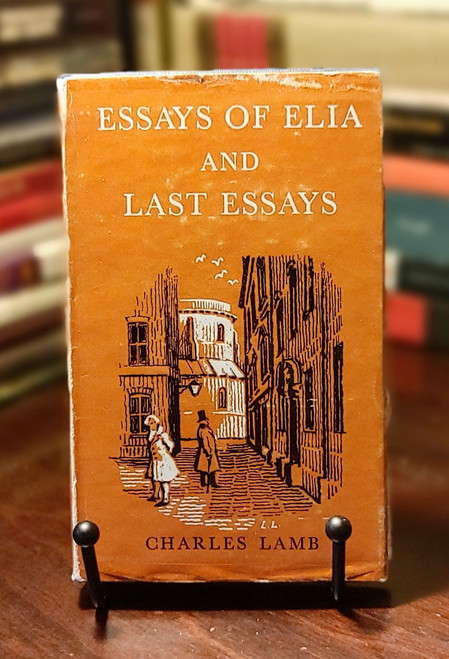This volume contains the complete texts of two books by America's most important psychologist and philosopher. Easy to understand, yet brilliant and penetrating, the books were written specifically for laymen and they are still stimulating reading for readers concerned with important questions of belief in an age of science.
In the essays, under the heading The Will to Believe, James discusses, first, the interrelationships of belief, will, and intellect, examining such questions as: How does man believe? How do intellectual considerations color belief? How much of a role do irrational elements play even in rigorously logical thought? Chance versus determinism, free will versus fate, pluralism versus monism are discussed in succeeding sections. James also covers psychical research, Hegelianism, and Spencer's philosophy.
Human Immortality: Two Supposed Objections to the Doctrine, reprinted here from the corrected second edition, examines the questions of survival after death, and provides an unusual philosophical rebuttal to the theory that thought and personality necessarily die with the brain.
About the Author
William James (1842–1910), brother of writer Henry James, was born in New York and studied medicine at Harvard, where he taught from 1872; James continued on to write books and become one of the most renowned psychologist-philosophers in the Western world. His other famous works include Principles of Psychology (1890) and Pragmatism (1907).








